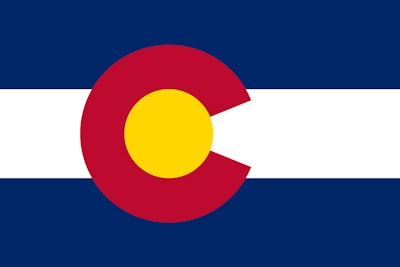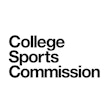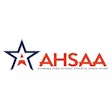
Colorado is the latest in a growing list of states including Nebraska, Georgia, Oklahoma, Ohio and Virginia to pass state legislation that allows universities to directly pay student-athletes. Governor Jared Polis signed House Bill 10-41 on Friday, but he expressed some concerns while doing so.
According to 9News, the bill allows public universities to pay student-athletes directly for their name, image and likeness. The bill also removes “restrictions on athletes signing endorsement deals with companies that compete with their university's sponsors.”
This law is relatively similar to those passed in other states, including as it applies to open records. Lawmakers, colleges and the NCAA have expressed concerns that making student-athlete compensation records public could lead to increased harassment of players from fans and sports betters. But Polis thinks the secrecy of the payments only reduces government transparency.
“I have concerns about the bill’s new Colorado Open Records Act exception regarding student-athlete contracts,” wrote Polis. “While the bill’s exception is narrowly tailored, it follows an unfortunate trend of legislative proposals that ultimately impede access to official records that are arguably within the public’s interest to view. These exceptions move transparency in the wrong direction and any other proposals that further prevent or delay public access to information will be carefully reviewed.”
Related: Oklahoma Governor Stitt Signs Executive Order Allowing Schools to Pay Student-Athletes for NIL
According to Colorado Sun, “The transparency concerns were bipartisan, but there were never the votes to change the law. Instead, CU Boulder agreed only to publish aggregate amounts by sport.”
Those in support of transparency point to the dangers of nepotism and prejudice. When payments are not subject to open-records laws, a relative of university staff could be getting more money. Or, a Black student-athlete could be getting paid less than a comparable white teammate.
If Polis were successful in revisiting the transparency of student-athlete payments, those changes would only apply to public universities as private universities are not subject to open records laws.





































